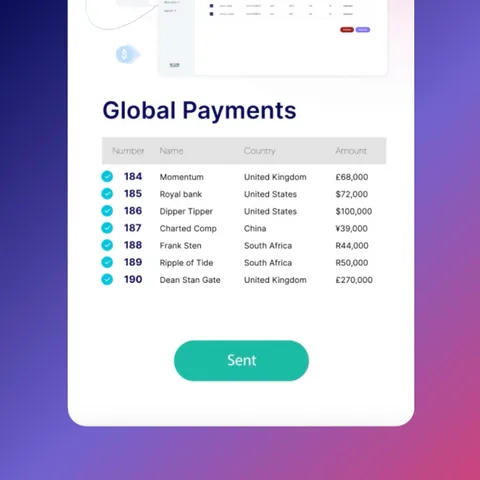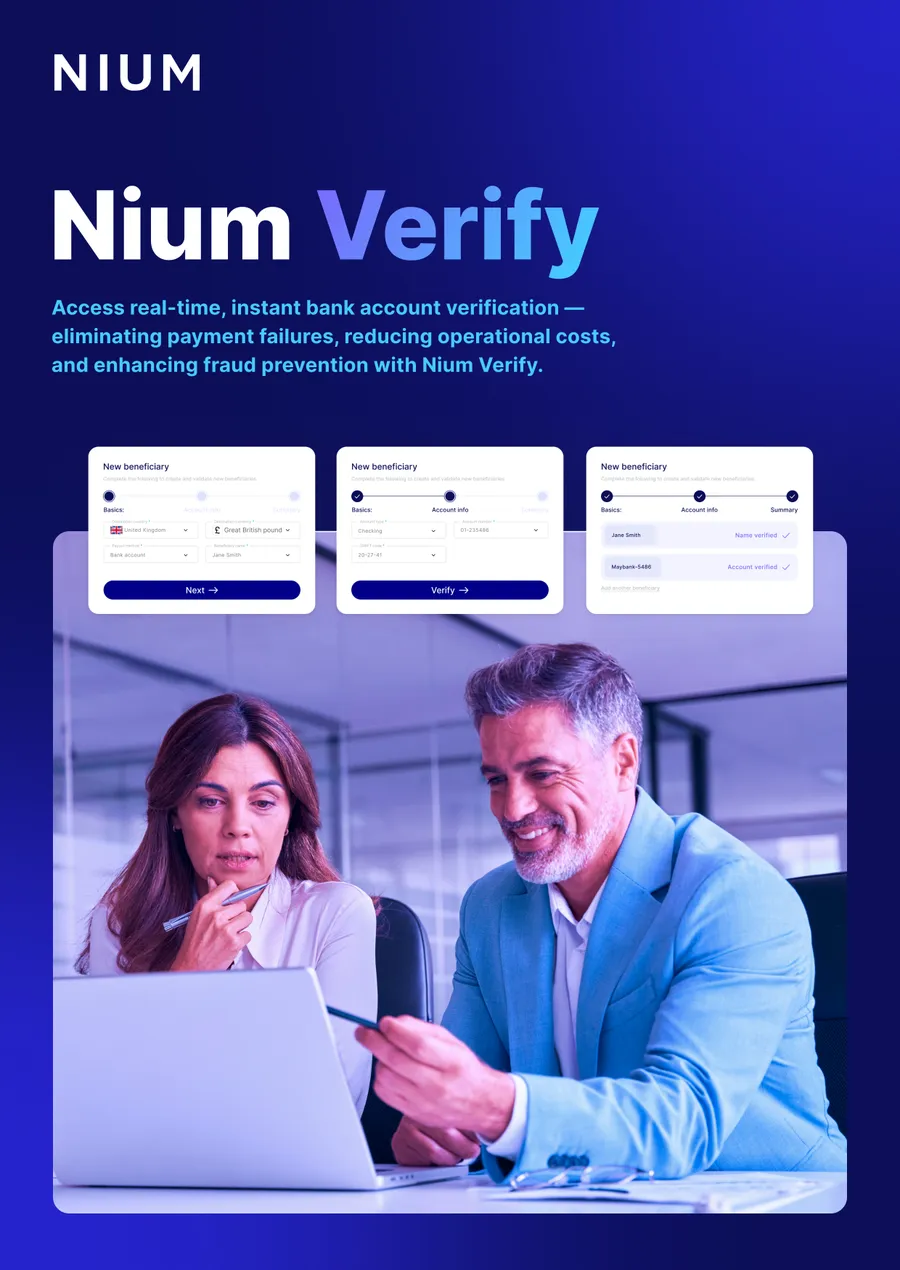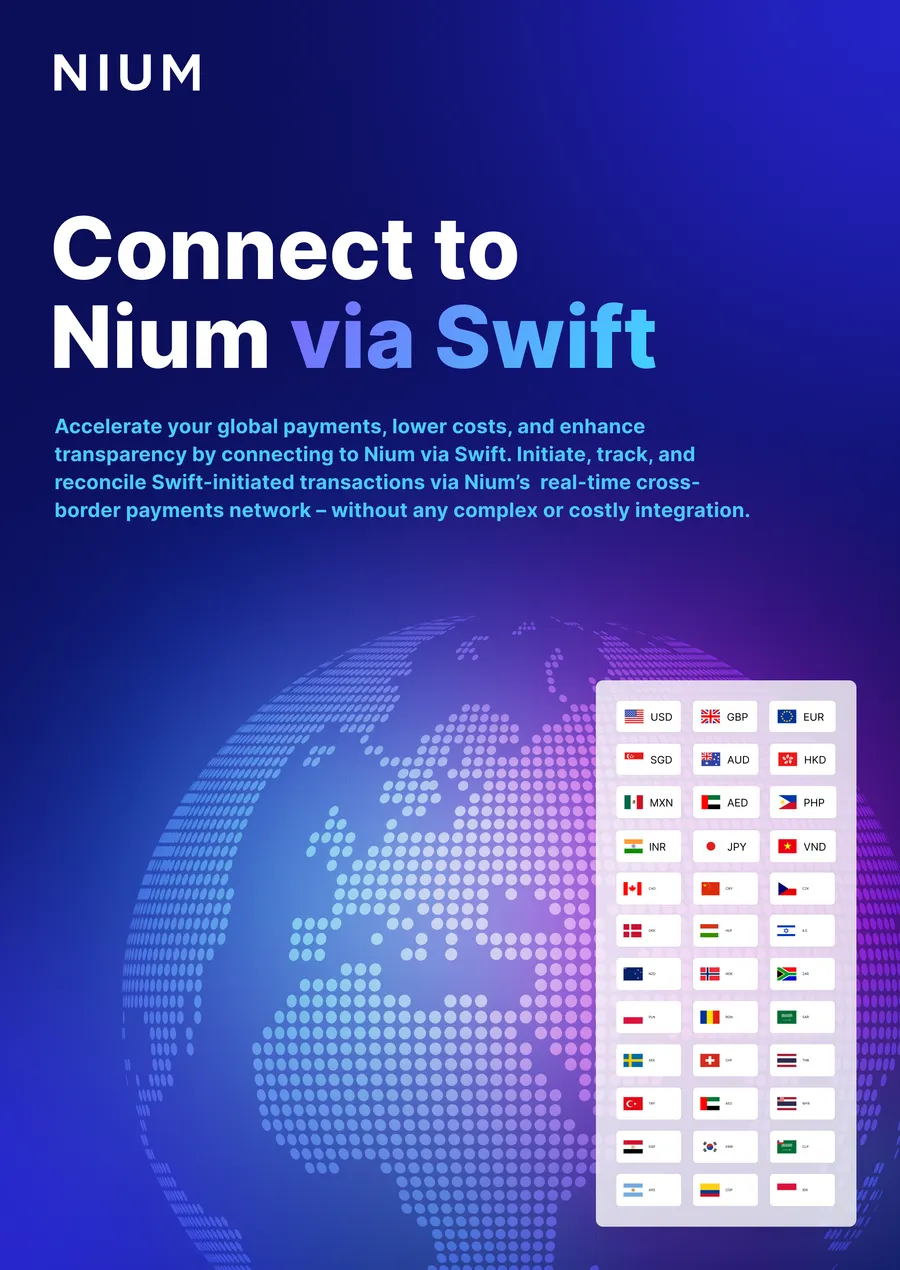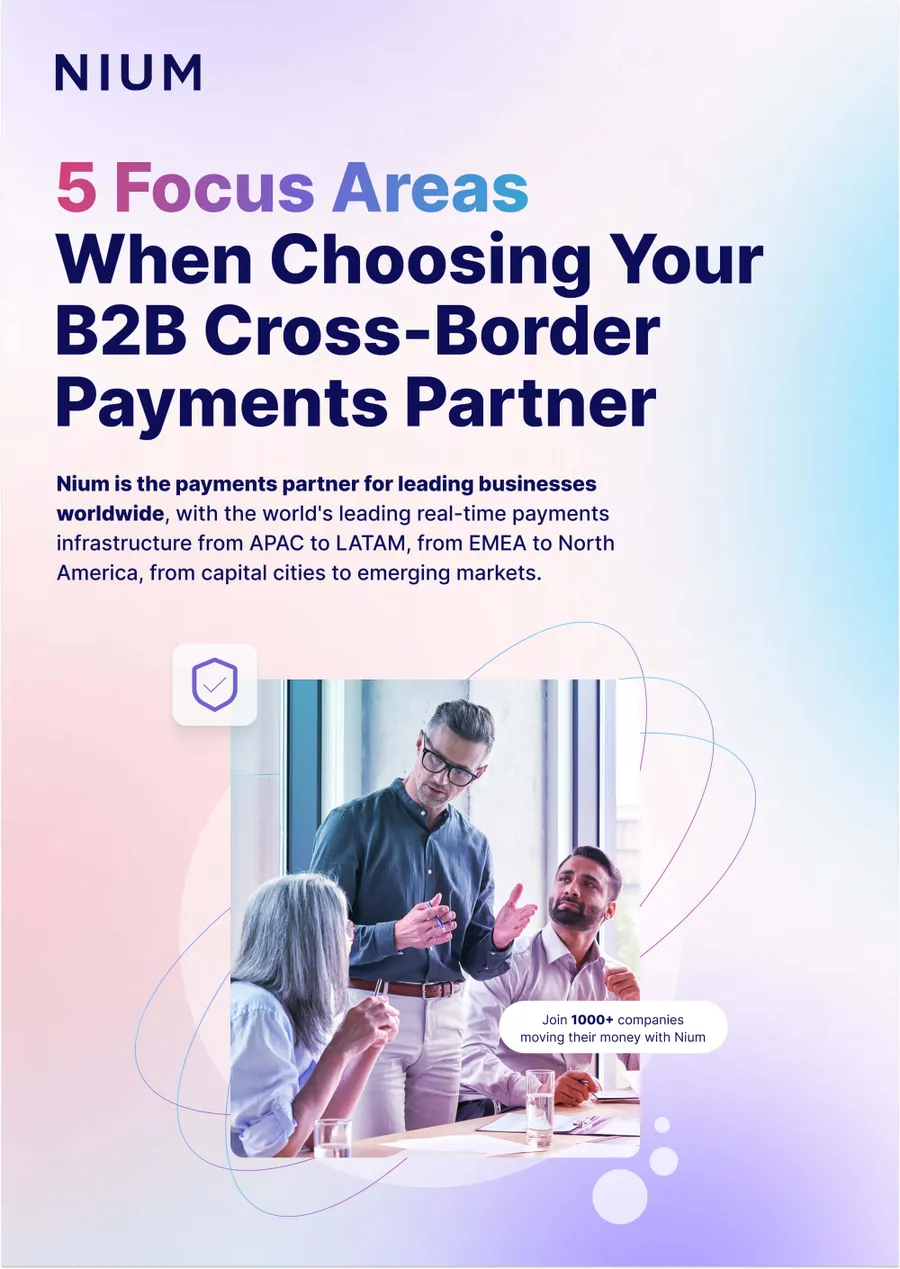There was a time when handling business payments usually meant working with banks. But today, thanks to the growth of fintech and open banking, there are many payment service providers (PSPs) who can offer B2B and B2C solutions for all types of enterprise.
Because the payments industry is highly competitive and new providers emerge every year, businesses are spoilt for choice. However, it’s important to review your needs and choose wisely, particularly if you’re an international business such as an online travel agent (OTA) with suppliers worldwide. OTAs have complex requirements and must optimise cross-border payments and integrate the most cost-efficient payment methods to protect their slender margins.
Whatever your industry or sector, if you’re searching for the right payment service provider, you should create a request for proposals (RFP) with questions that reflect your present and future needs. Here are six criteria that every OTA should assess their potential payment service provider.
1. Range of supported payment methods
An obvious criteria, of course, but one with many dimensions. Traditional bank transfers, once the mainstay of payments, now seem archaic and are often less efficient than the many alternatives today. Although bank transfers remain an important service, PSPs must harness new technologies and offer multiple payment methods.
Paytech has grown in parallel with online and mobile commerce, and because of the variety of payment methods now available, any business that doesn’t meet the preferences of its customers and suppliers will soon find it has a very restricted market. If you’re a business with diverse relationships across many countries, it’s essential to work with a PSP that is in tune with market requirements.
As a minimum, a strong card strategy is a must. Nium recognises the importance of leveraging card networks for fast and efficient global payments. It issues cards across more than 40 markets and supports virtual cards [link to the blog What are virtual cards? when posted], a growing payment method that improves security as well as flexibility and control. Virtual cards reduce operating costs and have a promising future in the travel industry, so OTAs should address them in RFPs.
Local payment methods are another important consideration. These are methods favoured in specific regions or countries, such as AliPay in China, and e-wallets or digital wallets are now a cornerstone of this growing payment trend.
2. Scalability based on global reach and coverage
When your business is international, you need to manage cross-border payments. You should know which countries a PSP serves, how it accommodates cross-border payments, what networks it belongs to, and what licences it holds. For example, does the PSP have licences for Europe, the US, Asia, or any other territory or region that you serve?
Nium has created a comprehensive network of licences, partners and banking relationships to move money worldwide, with pay-out in more than 190 countries and across 65 real-time corridors.
3. Flexibility in supported currencies
PSPs must process multiple currencies to facilitate cross-border trade. You should bear in mind not only that currencies that are essential for your business now, but also which ones you may need as your business expands overseas. If a PSP can’t match your current or future needs, you should look for global providers such as Nium who support a wide range of currencies.
4. Security assurance
Security is vital because the growth of digital payments has provided many opportunities for fraudsters who will be quick to exploit any weaknesses. All payment systems should meet industry certification standards and be protected by end-to-end encryption. In particular, PSPs must satisfy PCI DSS compliance regulations.
5. Compatible of tech architecture
This covers a range of topics such as onboarding, system integration, and ongoing support.
Working with a PSP should be a partnership that ensures high-quality service on multiple levels – quick onboarding, ease of development, and comprehensive backup. Ideally, for maximum flexibility and control, you should work with a provider that has a REST API. With Nium, you can build global payment solutions using a RESTful methodology that offers simple integration, scalability, and platform reliability.
6. Transparent cost structures
The more you pay a PSP to handle your business, the more your operating costs will increase. Cost efficiency is a vital part of optimising payments, so you should always be aware of hidden charges. You must seek transparency when evaluating fees and other charges, to be sure you know the total cost of doing business. For example, beware of hidden fees in your exchange rate.
See the difference with Nium
Not all PSPs are created equal. It’s a crowded space with plenty of choices, but service levels, terms and conditions, and costs vary. You must decide what’s essential for your business and then make a selection according to the above criteria. Make the wrong choice and it can damage both your reputation and your profitability.
With Nium as your payments partner, you have a versatile and scalable platform for cross-border payments, backed by a wide range of methods to manage global payments on your terms. Find out how Nium can transform payments and boost the bottom line, and contact us to discuss your specific requirements.

.png@webp)




.png@webp)
.png@webp)
.png@webp)



